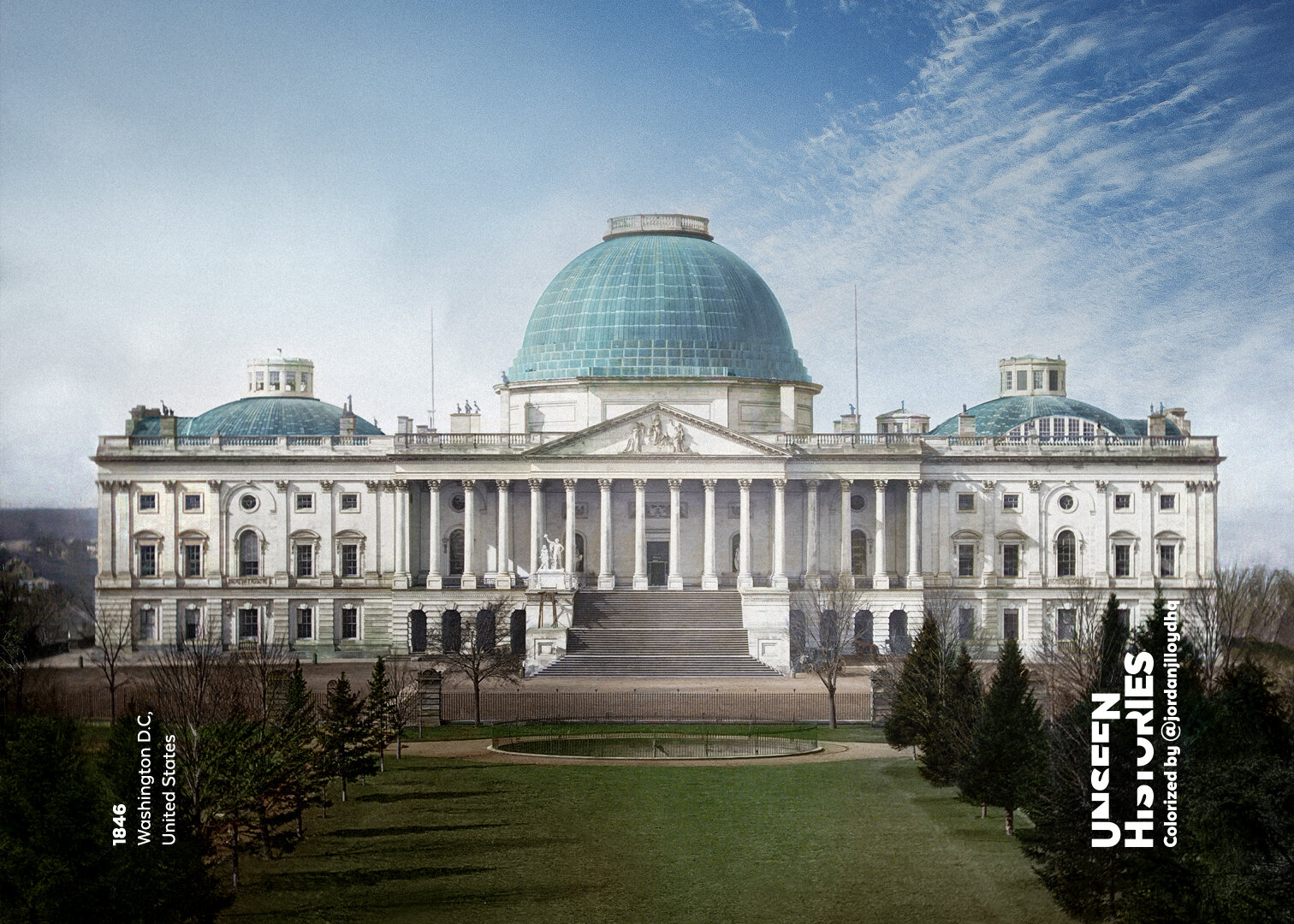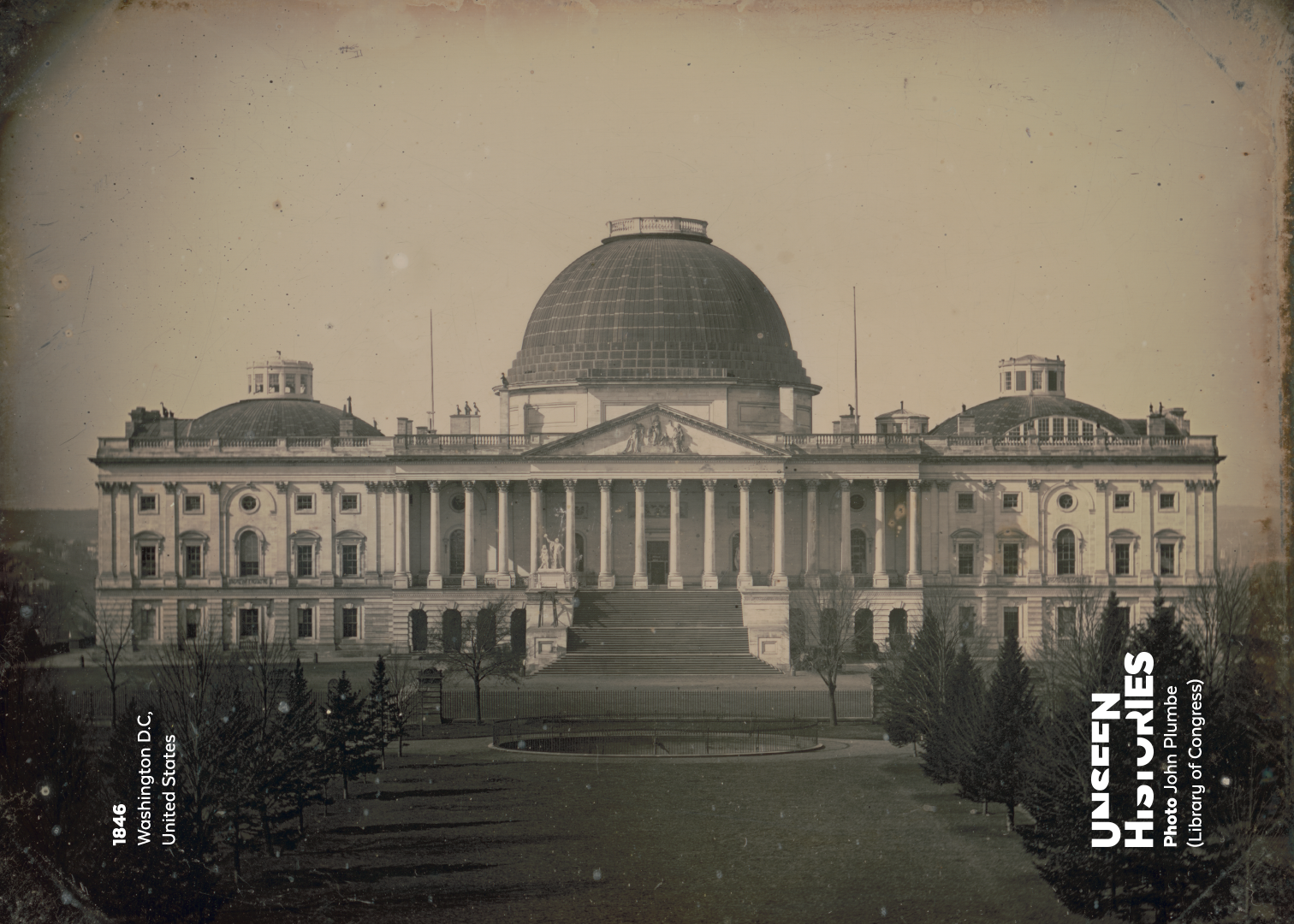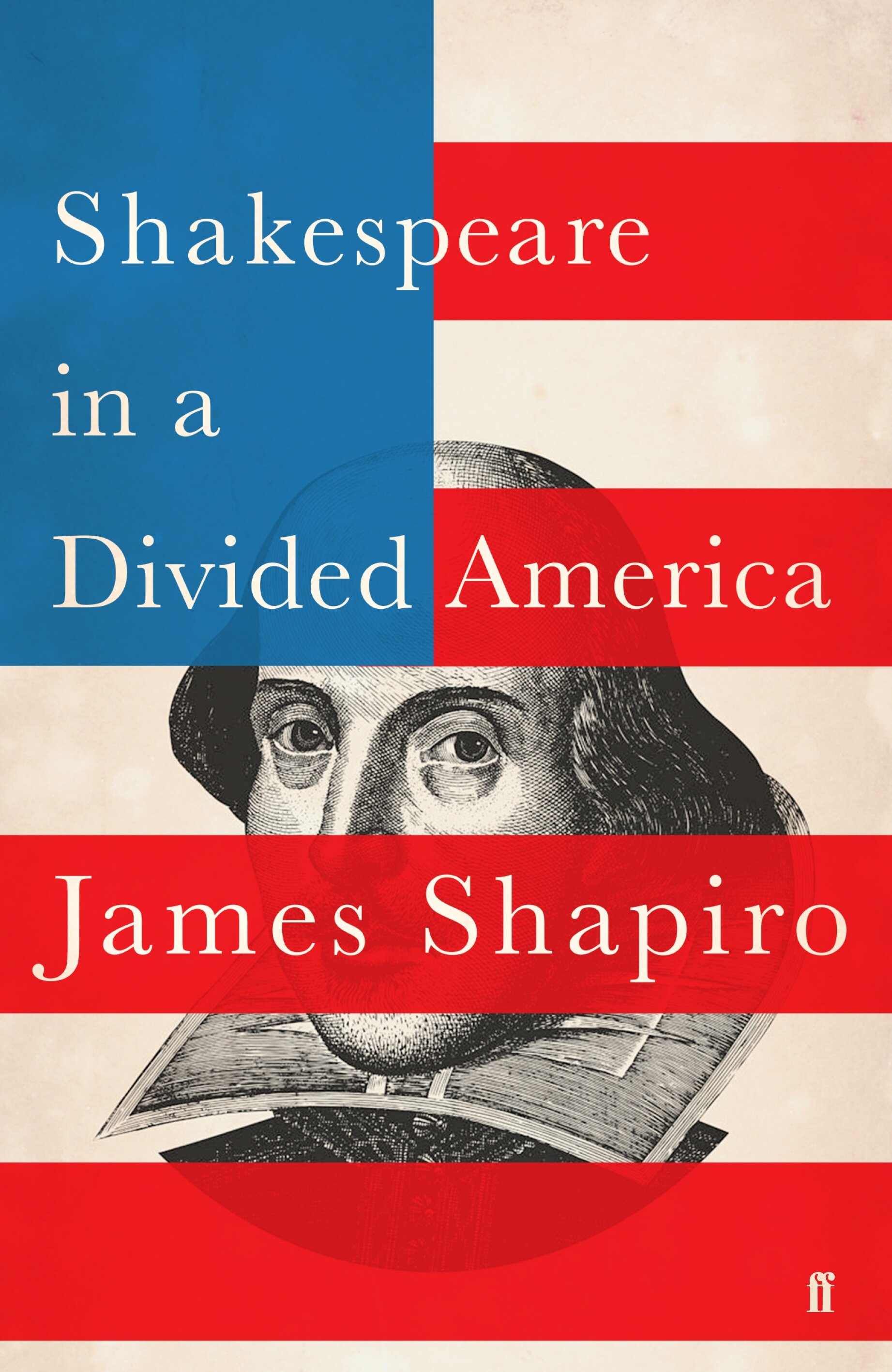Manifest Destiny: Professor James Shapiro (1845)
James Shapiro, author of Shakespeare in a Divided America, by Mary Cregan
In this fascinating season three opener, we talk to Professor James Shapiro, one of the world’s leading scholars of the life and work of William Shakespeare. He guides us back to the year 1845 to tell us where the concept of ‘Manifest Destiny’ came from and what it meant at that time. He takes us back to watch Ulysses S Grant, a young future president, as he prepares for a role in a Shakespearian play. Then he tells us about the greatest Romeo of the age: Charlotte Cushman.
1845 marked a turning point in the development of the United States. After the colonial era, the Revolutionary War and the hard days of the early Republic, by the 1840s the United States was growing fast. The choices that now faced the American people were momentous: what kind of a nation was theirs going to be? How far were its lands and its ethos going to stretch?
Shapiro traces many of America’s twenty first century difficulties back to that year, a moment he describes as a fork in the road. He explains that 1845 was the year that a hawkish journalist John O’Sullivan coined the phrase ‘Manifest Destiny’ in the July/August issue of United States Magazine and Democratic Review. It was the year when a massive force of US soldiers was dispatched to the southern border, in preparation for a conflict with Mexico that would soon commence. And it was a time of tension with Great Britain over the unexploited territories of the Pacific northwest.
James Shapiro Clip - Our Shakespearian Times
Trying to make sense of all this, Shapiro looks to the plays of William Shakespeare. He explains that there is a Shakespearian warning embedded in the notion of ‘Manifest Destiny’; that on the southern border a future president, Ulysses S. Grant, was rehearsing for a leading Shakespearian role in Othello; and that, far away at the Haymarket Theatre in London’s West End, the greatest Romeo of the age, Charlotte Cushman, was about to mount the stage.
All of these scenes tells us something about how America was in 1845. They also reveal much about the sources of the nation’s struggles today.
***
Click here to order James Shapiro’s book from John Sandoe’s who, we are delighted to say, are supplying books for the podcast.
Listen to the podcast
Show notes:
Scene One: August, 1845. John O’Sullivan, in an essay called “Annexation” introduces the phrase ‘Manifest Destiny’” into the American vocabulary, capturing America’s shift from republic to empire, the repercussions of which are being felt to this day.
Scene Two: November, 1845. Corpus Christi, Texas. Four thousand US troops are awaiting orders in Corpus Christi, Texas to cross the Rio Grande and invade Mexico.
Scene Three: December 1845. In another revealing act of cross-dressing that speaks to the anxieties about manliness at the time, the star American actress Charlotte Cushman debuts as Romeo—a role that no man at the time was able to perform successfully--at London’s Haymarket Theatre. She is a hit, although her impersonation makes many critics nervous.
Memento: A recording of Ulysses S. Grant speaking Desdomona’s lines in Othello:
~
That I did love the Moor to live with him,
My downright violence and storm of fortunes
May trumpet to the world. My heart’s subdued
Even to the very quality of my lord.
I saw Othello’s visage in his mind
~
People/Social
Presenter: Peter Moore
Guest: Professor James Shapiro
Producers: Maria Nolan
Titles: Jon O
Follow us on Twitter: @tttpodcast_
Podcast Partner: ColorGraph
“I do believe right now, between Black Lives Matter, and Coronavirus, and elections that are so consequential in my country that we are living through as Shakespearian a moment as I have ever lived through.”
Listen on YouTube
What you will learn in this episode:
About the concept of Manifest Destiny
What fatal flaws were embedded in the founding of the United States as a nation
A different side of the hugely-respected president, Ulysses S. Grant
Which member of the House of Representatives quoted Shakespeare to warn against war
About the history of women playing men’s roles on the stage
Where Charlotte Cushman would rank in James Shapiro’s list of greatest ever Shakespearian actors
How Charlotte Cushman dealt with a heckler at a performance in Boston
People/Places
The Capitol Building, Washington, DC, 1846. Colourised by Jordan Lloyd
Complementary episodes
From Pole to Pole: Sir Michael Palin (1841-8)
Welcome to the very first episode of our new podcast Travels Through Time. Over the course of these recordings we will be inviting one of the world’s leading historians or public figures to choose a series of three scenes in the past - to which they can travel back and experience as they happened. […]
Chasing Doctor David Livingstone: Petina Gappah (1871)
In this invigorating episode of Travels Through Time, the award-winning Zimbabwean novelist Petina Gappah takes us in pursuit of the Scottish missionary and explorer David Livingstone […]
Click here to order Shakespeare in a Divided America by James Shapiro from our friends at John Sandoe’s Books.
Shapiro’s light touch never undermines his scholarship. Who knew that Shakespeare could be so controversial in the C21st? (John Sandoe’s)













